Horses have long captivated the human imagination, their majestic presence and spirited nature weaving them into the very fabric of human history. From ancient times to the modern era, horses have played a pivotal role in shaping civilizations, economies, and cultures around the world. This article delves into the rich history of horses and explores their enduring significance as companions, workers, and symbols of power and freedom. Explore the world of horse racing with France Cheval Turf. Get the latest news, tips, and insights to enhance your betting experience.
The Dawn of Human-Horse Relationships
The relationship between humans and horses dates back to the prehistoric era. Archaeological evidence suggests that horses were first domesticated around 3500 BCE on the steppes of Central Asia, in what is now Ukraine and Kazakhstan. Initially, these animals were primarily used for meat and milk. However, it wasn’t long before early humans recognized the potential of horses for transportation and labor.
By 2000 BCE, horses had become integral to human societies, revolutionizing travel, trade, and warfare. The invention of the chariot around this time marked a significant technological advancement, enabling rapid movement across vast distances and providing a formidable advantage in battle.
Horses in Ancient Civilizations
As civilizations flourished, so did the role of the horse. In Mesopotamia, horses were symbols of prestige and power, often associated with gods and royalty. The Egyptians, known for their grand chariots, used horses in ceremonial processions and military campaigns, showcasing their status and might.
In ancient Greece, horses were celebrated in art, literature, and mythology. The Greeks developed the cavalry, enhancing their military strategies and expanding their empire. The Olympic Games, established in 776 BCE, included equestrian events, highlighting the importance of horses in Greek culture.
The Romans further advanced the use of horses in warfare and transportation, building extensive road networks that facilitated the movement of troops and goods across their vast empire. Roman cavalry units were essential in maintaining control over conquered territories, and horse-drawn chariots became a popular form of entertainment in the iconic chariot races held in the Circus Maximus.
The Medieval and Renaissance Eras
During the medieval period, horses continued to be central to society, particularly in Europe. The feudal system relied heavily on horses for agriculture, transportation, and warfare. Knights, clad in armor and mounted on powerful steeds, became the epitome of medieval chivalry and martial prowess.
The Renaissance brought a renewed interest in classical learning and the arts, and horses featured prominently in this cultural revival. Equestrian academies were established to teach the art of riding and training horses, emphasizing grace and precision. The Spanish Riding School in Vienna, founded in 1572, remains one of the most renowned institutions dedicated to the classical art of dressage.
Horses in the New World and Modern Era
The arrival of Europeans in the Americas in the late 15th and early 16th centuries introduced horses to the New World. Native American cultures quickly adopted the horse, transforming their ways of life. Plains tribes, such as the Comanche and Lakota, became highly skilled horsemen, using horses for hunting, travel, and warfare, profoundly impacting their societies.
In the 19th century, horses were indispensable in the expansion of the American frontier. They powered stagecoaches, plowed fields, and served in the Pony Express, facilitating communication and commerce across the vast expanse of the United States.
The advent of the Industrial Revolution brought significant changes to the role of horses. While mechanization reduced their prominence in agriculture and transportation, horses remained vital in urban settings, pulling carriages, trams, and fire engines. The 20th century saw the rise of recreational and competitive equestrian sports, ensuring that the bond between humans and horses endured.
The Enduring Legacy of Horses
Today, horses continue to captivate and inspire. They are cherished companions, competitive athletes, and therapeutic partners. Equestrian sports such as show jumping, dressage, and racing draw enthusiasts from around the globe, celebrating the agility, strength, and beauty of these magnificent animals.
In many cultures, horses symbolize freedom, grace, and nobility. They appear in literature, art, and film, embodying the spirit of adventure and the timeless connection between humans and nature.
Conclusion
The history of horses is deeply intertwined with the story of humanity. From the steppes of Central Asia to the fields of medieval Europe and the plains of the Americas, horses have been steadfast companions and vital contributors to human progress. Their significance transcends time and geography, making them one of the most revered and beloved animals in human history. As we continue to honor and cherish these majestic creatures, we recognize the profound impact they have had on our world and the enduring bond we share with them.
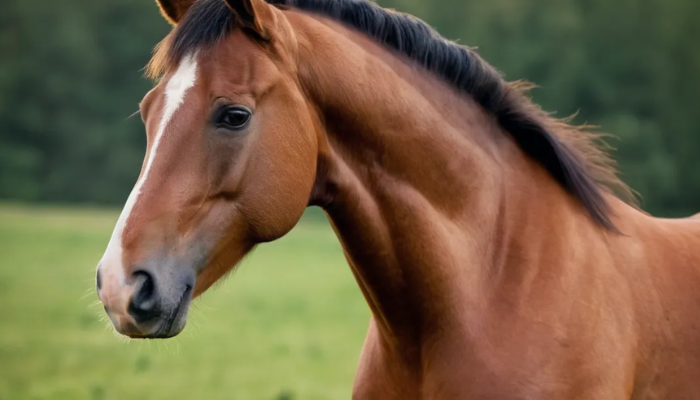
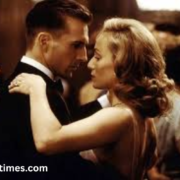
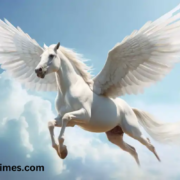


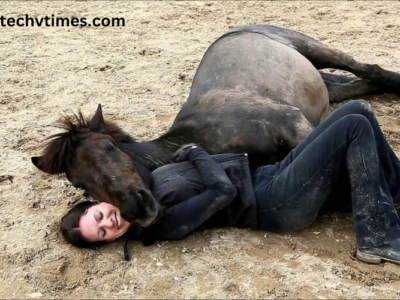
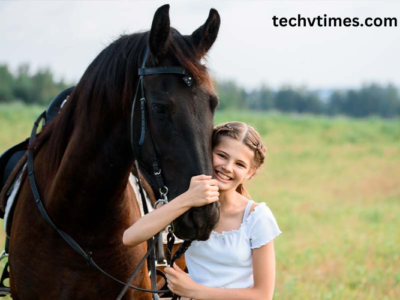


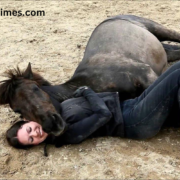

Comments